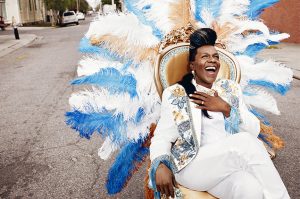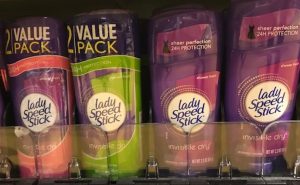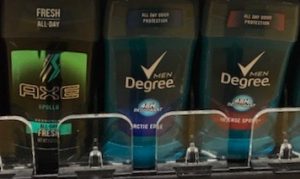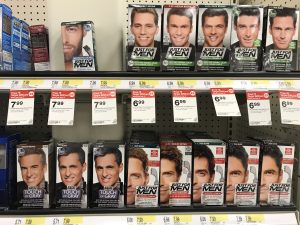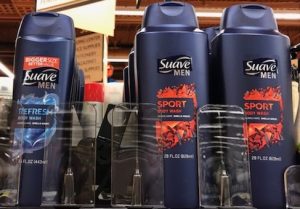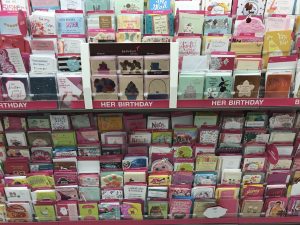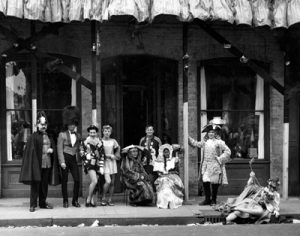Big Freedia is a musician and rapper from New Orleans, closely associated with the #bouncemusic genre. Bounce music itself has roots in New Orleans, and Big Freedia is credited with helping spread it into mainstream culture, along with the associated #twerk dance (although twerking has largely been appropriated by white people and is now more thought of as being linked with Miley Cyrus, rather than with the communities that actually originated it). Big Freedia was born Freddie Ross, and although she prefers she/her #pronouns (but responds to either he/him or she/her), she is not #transgender and she considers herself a gay man. I think it is really significant to have mainstream icons who deconstruct gender in this way. The fact that she is a cisgender man who uses she pronouns and who wears her hair and clothing in whatever way she wants helps to question the notion that pronouns, hairstyles, clothes, and so on are necessarily connected with particular genders, and opens up more freedom for everyone—not just trans and non-binary people—to choose whatever pronouns and presentations of themselves they want. It is also important that she is fairly well-known—she even appeared in Beyoncé’s “Formation”—since that helps spread this message to a wider population than just queer communities.
Hutt, John. “Big Freedia on Miley Cyrus and ‘Transforming One Twerker at a Time.’” Out Magazine, Here Publishing, 10 September 2013. https://www.out.com/entertainment/interviews/2013/09/10/big-freedia-queen-bounce-miley-cyrus-twerking-gender
Image Credits:
Big Freedia on “Big Freedia: Queen of Bounce.” Billboard, 7 May 2014. https://www.billboard.com/articles/columns/the-juice/6077622/big-freedia-queen-of-bounce-season-2-trailer-video-exclusive
Big Freedia. Out Magazine, Here Publishing, 10 September 2013. https://www.out.com/entertainment/interviews/2013/09/10/big-freedia-queen-bounce-miley-cyrus-twerking-gender
SB

